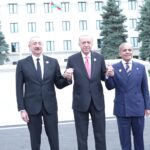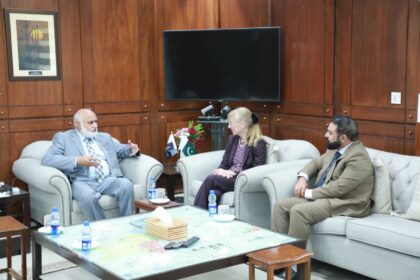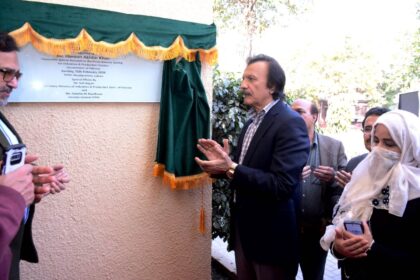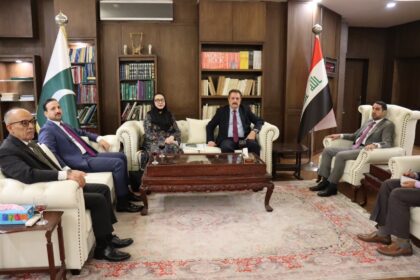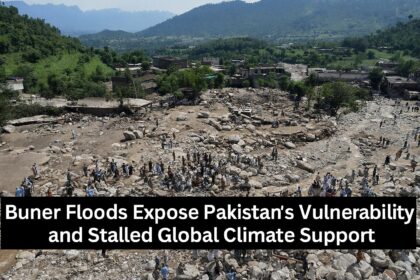Senate Chairman Gilani Advocates Justice and Dialogue for Lasting Global Peace at Venice Conference
Chairman of the Senate of Pakistan, Syed Yousaf Raza Gilani, delivered an impassioned speech at the international peace conference titled “The Challenges to World Peace Today,” held in Venice. Gilani emphasized that genuine peace is rooted not merely in the absence of war, but in justice, human dignity, and mutual respect for diversity. His remarks, delivered before an audience comprising religious leaders, politicians, academics, civic authorities, and representatives from global peace organizations, underscored the need for collective global action to address conflict, injustice, and intolerance.
The conference was co-convened by prominent peace advocate Dr. Paul Bhatti and gathered a broad coalition of European and Pakistani dignitaries. Among the notable attendees were the Archbishops of Venice, Treviso, Vicenza, and Piacenza, who joined numerous members of parliament and civic leaders to discuss pathways toward enduring international harmony.
Chairman Gilani, in his address, paid tribute to Shahbaz Bhatti, Pakistan’s former Federal Minister for Minorities Affairs, who was assassinated due to his advocacy for inclusivity and minority rights in Pakistan. Remembering Bhatti as a courageous global figure, Gilani noted, “His loss was not just Pakistan’s but a blow to the global conscience.” He linked Bhatti’s legacy to the principles championed historically by the Pakistan People’s Party—particularly its unwavering commitment to equality, justice, and peace.
Highlighting ongoing geopolitical challenges, Gilani cautioned against the persistent conflicts and tensions in the Middle East, South Asia, and Eastern Europe. He stressed that global stability could only be achieved through an international commitment to dialogue, justice, and respect for human dignity. “Peace is not merely the absence of war—it is the presence of justice and the celebration of diversity,” Gilani asserted, urging world leaders to prioritize these foundational principles in addressing conflicts.
Reflecting on Pakistan’s own experiences, Gilani brought a powerful personal perspective to his speech, recounting the kidnapping of his son by the Taliban. This personal hardship, he stated, serves as “a sobering reminder of the human cost of violence,” reinforcing the urgency with which global leaders must act.
Turning toward regional dynamics, Gilani addressed the unresolved Kashmir issue directly, asserting that peace initiatives must be genuine and reciprocal, driven not merely by strategic interests but by ethical obligations. He called on global powers to act “from a place of moral clarity,” prioritizing justice and respect for human rights as central guides to resolving ongoing tensions in South Asia.
In his closing remarks, Gilani urged participants and global leaders to move beyond rhetoric and make a tangible commitment to peace. “Let this gathering in Venice be remembered not just as another conference, but as a collective vow—a vow to lead, to act, and to protect peace not as an ideal, but as a necessity,” he declared.
The conference underscored Pakistan’s ongoing efforts and commitment to advocating international peace, interfaith dialogue, and mutual understanding at the global stage.





